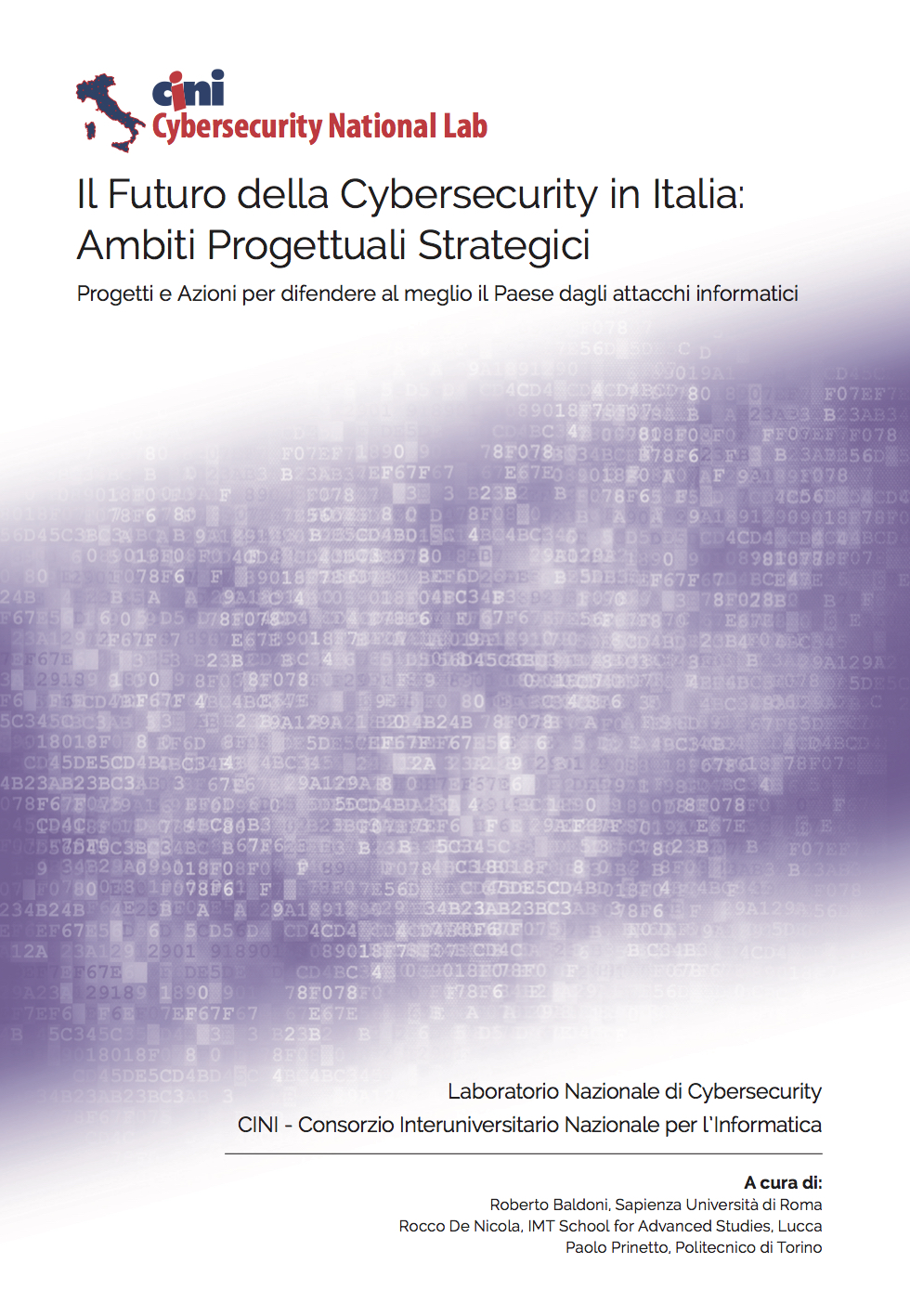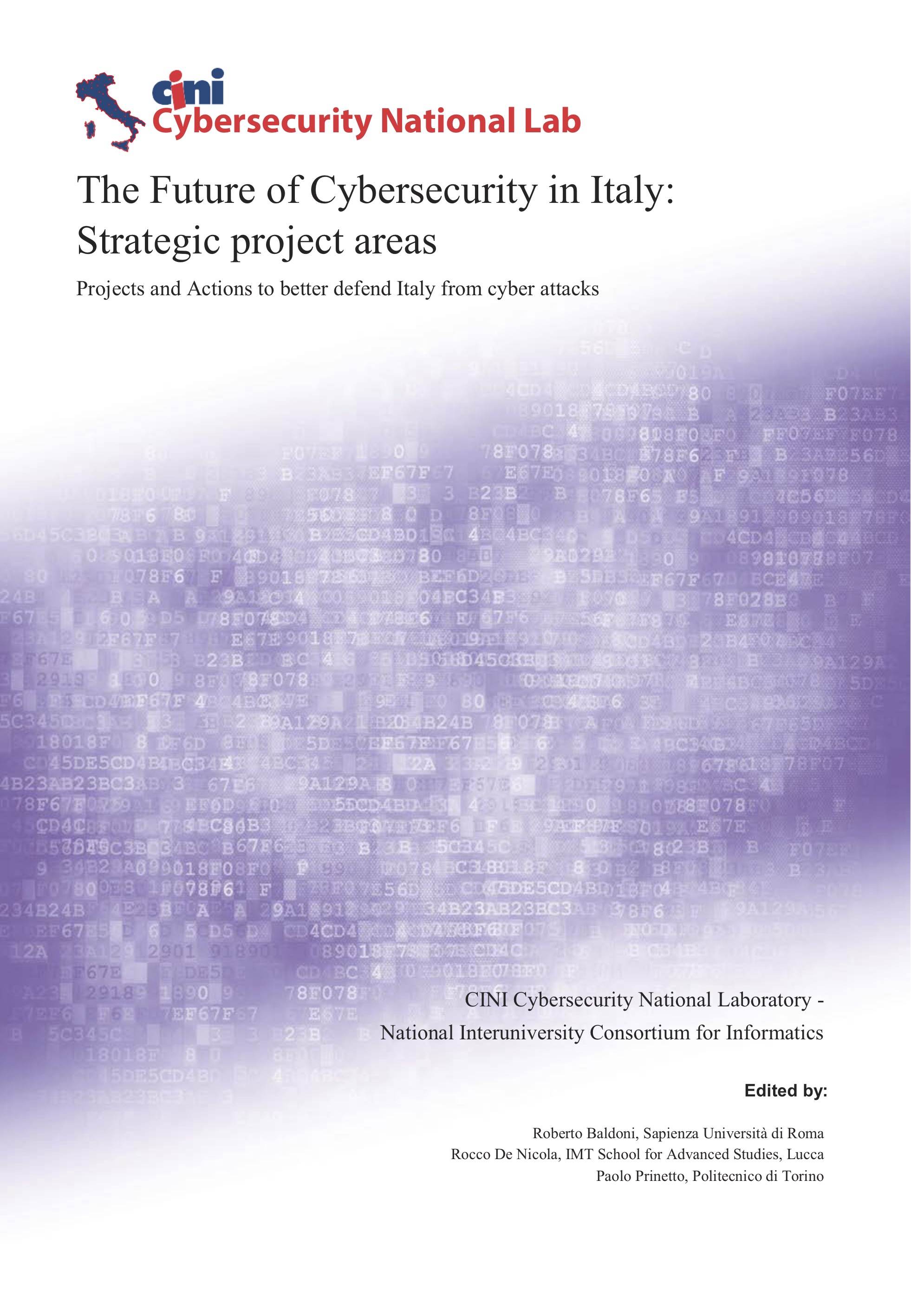Il gruppo di ricerca Complex Intelligent Systems (CIS) del Dipartimento di Matematica e Informatica, Università degli Studi di Catania organizza il seminario dal titolo Software Engineering Abstractions for Metaheuristics: a 20 years journey. Il seminario è tenuto dal prof. Luca Di Gaspero, Università degli Studi di Udine.
Abstract del seminario: Differently from other search and optimization paradigms, e.g., branch and bound, the supposed simplicity of metaheuristic methods and the limited availability of modeling tools induces the researchers to build their metaheuristics applications from scratch. On the other hand, the evolution of the techniques (local search, genetic and evolutionary algorithms, hybrids, etc.) seems to make the development of general tools quite impractical.
In 2003, together with Andrea Schaerf, we decided to subvert these stereotypes and we proposed EasyLocal++, an open-source object-oriented framework for local search metaheuristics, with the aim of engineering the development of solvers both at a research and at an industry-ready level. After 20 years the system has evolved (according to the new capabilities of the underlying programming language, i.e., C++) and extended (incorporating further modules to be industry-level) but most of the design choices (or in other words the software abstractions) are still valid nowadays.
In this presentation I will briefly survey the tools for metaheuristic development and I will present the abstractions that are incorporated into EasyLocal++, exhibiting some software engineering principles behind them. I will show how useful is to work with an abstract framework, also in terms of providing different access points to the solver.
Il seminario si terrà venerdì 13 gennaio alle 15:30 su Teams, con link disponibile su richiesta.
News by prof. Mario F. Pavone, Dipartimento di Matematica e Informatica, Università degli Studi di Catania.





